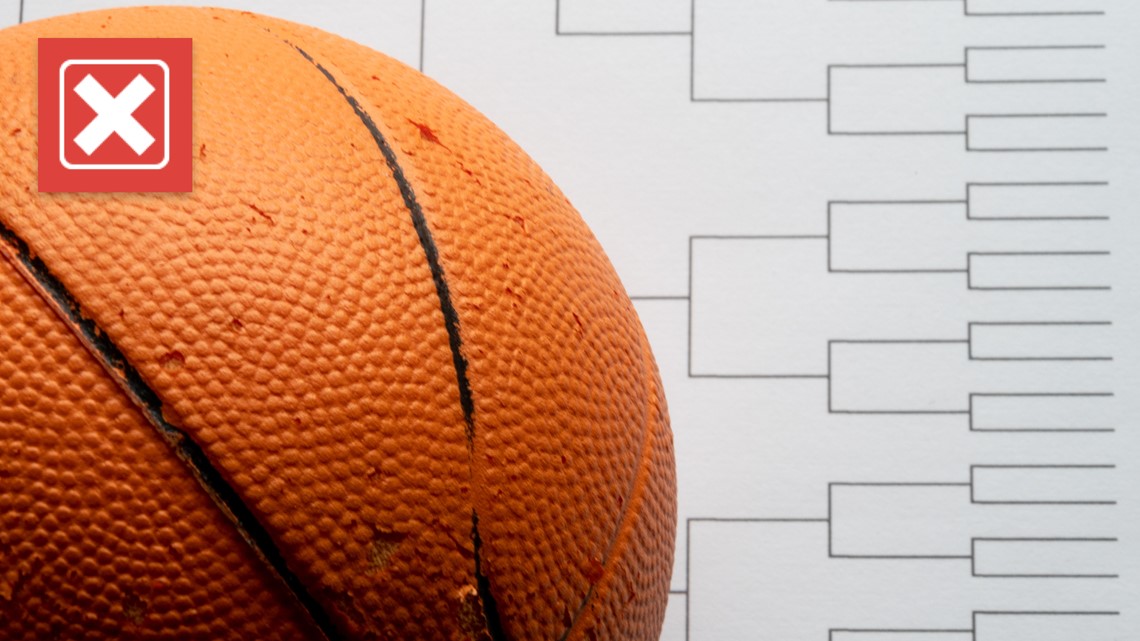The Seminole Tribe of Florida has been making waves in the gaming industry with its recent launch of mobile sports betting in November. According to reports, the tribe has already raked in hundreds of millions of dollars in revenue for the state. This is a significant development, given that the tribe has exclusive rights to run sports wagers and casino gambling on its reservations under the 2021 compact it signed with the state.
However, the legality of this compact is still up in the air. The U.S. Supreme Court is expected to rule on the matter in the near future, and the outcome could have significant implications for the gaming industry as a whole. The tribe has been pushing for the right to offer sports betting and casino gambling on its reservations, arguing that it is a sovereign right that is protected by the Indian Gaming Regulatory Act.
The state, on the other hand, has been opposed to the tribe's efforts, arguing that the compact violates the federal Indian Gaming Regulatory Act....
However, the legality of this compact is still up in the air. The U.S. Supreme Court is expected to rule on the matter in the near future, and the outcome could have significant implications for the gaming industry as a whole. The tribe has been pushing for the right to offer sports betting and casino gambling on its reservations, arguing that it is a sovereign right that is protected by the Indian Gaming Regulatory Act.
The state, on the other hand, has been opposed to the tribe's efforts, arguing that the compact violates the federal Indian Gaming Regulatory Act....
#Sports

Reference: Visit website
Synopsis:
The current discussion on the legality of the 2021 compact between the Seminole Tribe of Florida and the state of Florida is not only a matter of legal significance, but also has broader implications for the gaming industry as a whole. The compact grants the tribe exclusive rights to run sports wagers and casino gambling on its reservations, which could potentially set a precedent for other Native American tribes to seek similar agreements with state governments.Furthermore, the discussion around the compact has highlighted the complex relationship between the federal government and Native American tribes, particularly when it comes to gaming regulations. The Indian Gaming Regulatory Act of 1988, which governs gaming on tribal lands, has been amended several times over the years, and the compact between the Seminole Tribe and Florida is just one example of the ongoing negotiations between tribes and state governments over gaming rights.
In addition, the launch of mobile sports betting by the Seminole Tribe has also raised questions about the potential impact on the state's economy and the potential for increased problem gambling....
#Sports
No comments:
Post a Comment